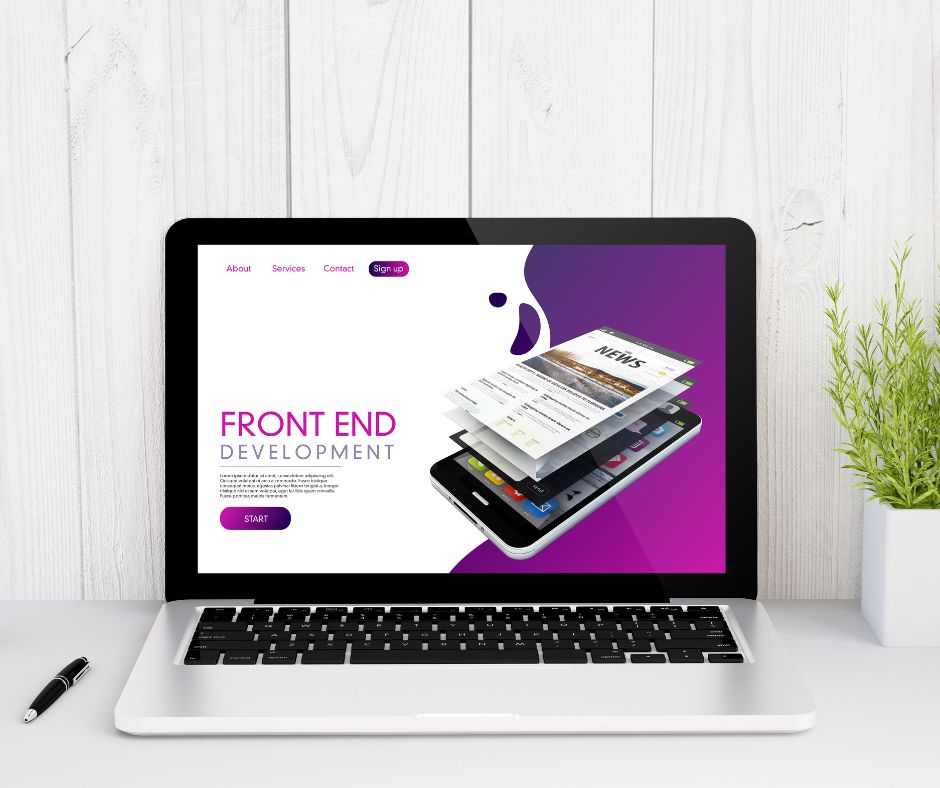Whether you’re an individual with a passion for sharing insights or a business aiming to connect with a wider audience, having a website for your blog is a strategic move that offers a multitude of benefits. Let’s delve into the compelling reasons why having a dedicated website is crucial for the success and longevity of your blog.
- Professional Credibility:
A website lends an air of professionalism to your blog. It serves as a centralized hub where visitors, be they readers or potential collaborators, can explore your content in an organized and branded manner. A well-designed website reflects commitment and dedication, instilling trust and credibility in your audience. - Brand Identity and Recognition:
Your website becomes an extension of your brand. It allows you to showcase a unique brand identity through personalized design, logos, and color schemes. Consistent branding across your site reinforces your blog’s identity, making it more memorable and recognizable in the vast online landscape. - Control Over Content and Design:
Unlike third-party platforms, having your own website gives you complete control over the design and presentation of your content. You can tailor the user experience, experiment with layouts, and optimize the site for better navigation, ensuring that visitors have a seamless and enjoyable journey through your blog. - Monetization Opportunities:
For those looking to monetize their blogs, a website is indispensable. It provides the flexibility to explore various revenue streams, such as advertising, sponsored content, affiliate marketing, or even selling your products or services. A website unlocks the full potential of turning your passion into a sustainable venture. - Search Engine Optimization (SEO):
Establishing an online presence is not just about having a website; it’s about being discoverable. With a dedicated website, you have the tools to implement effective SEO strategies. This includes optimizing your content, meta tags, and images, making your blog more visible to search engines and, subsequently, reaching a broader audience. - Analytics and Insights:
Understanding your audience is key to blog growth. A website allows you to integrate analytics tools to track visitor behavior, preferences, and demographics. By analyzing this data, you can make informed decisions about your content strategy, tailor your offerings to your audience, and continually refine your approach. - Community Building:
A website provides a centralized platform for community engagement. Through features such as comments, forums, or social media integration, you can foster a sense of belonging among your readers. Building a community around your blog not only enhances user experience but also creates a loyal audience base.
In conclusion, having a website for your blog is not just a technical formality; it’s a strategic move that can elevate your online presence, expand your reach, and unlock opportunities for growth. Whether you’re a hobbyist or a professional blogger, a dedicated website is the cornerstone of a successful and sustainable digital presence.

